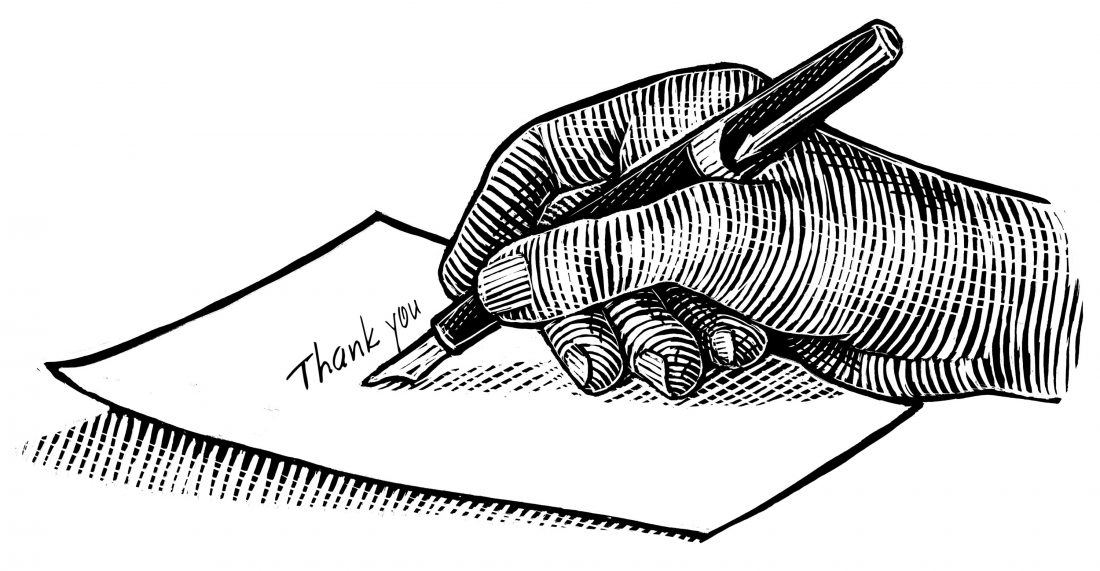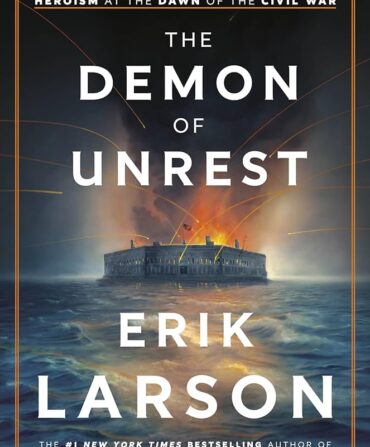It wouldn’t be very good manners for me to mention certain infamous Southern businessmen or politicians here, whether they are awaiting incarceration or parole. Nor would it be exactly polite seven full months before kickoff to bait the fans of a certain once-powerful SEC football team that has just polished off a historically disastrous losing season, after which their coach’s contract had to be bought out by the school for an equally historic $5 million, even though we all know who they are. So I’ll hold off. I want you to appreciate my excellent Southern manners in these instances.
The South is at once the most English and the most French part of the United States, which is to say, the sorts of etiquette quandaries that Southerners get into amongst themselves owe a great deal in form and content to the French and English courts. It’s natural that Southerners would take the project of aping the habits of those two former colonial powers as seriously as we do, from shooting weekends to the golf course, from the cookery to the drinking. It’s just our tough luck that, also, the French and English courts were two of the bloodiest, backstabbing-est courts in the history of Europe. This is where our clannish manners get their teeth.
Let’s fast-forward 250 years and examine the mechanics of one of the more fraught bookends of life, a social event at which the display of manners is critical, namely, funerals.
We’d like to think of our passings as being celebrated by a bunch of people who really loved us. Whether or not that’s the case, the metric for a “good” funeral is the quality of the celebration, meaning, bluntly, good food and plenty of liquor. My mother, Sara Holman Vaughn, now raging into her mid-eighties in full party-girl mode, has acquired a special late-innings expertise attending wakes. She has the following advice for the wake’s hosts, whether related to the bereaved family or not: “Have some consideration for the living and put on a good spread, by which I mean a friendly ham or two, or a couple of turkeys, some side dishes, chutneys, plenty of sweets, and a full bar with a bartender, dammit. It should start at four, end at six. The wake will be a goodly part of what we remember, because that is when we meet our fellow survivors, if you will. People need to be comforted in this time, and even if they don’t, they need to be comforted.”
She pauses to take a sip of her Scotch. “It’s only,” she says brightly, “good manners.”








